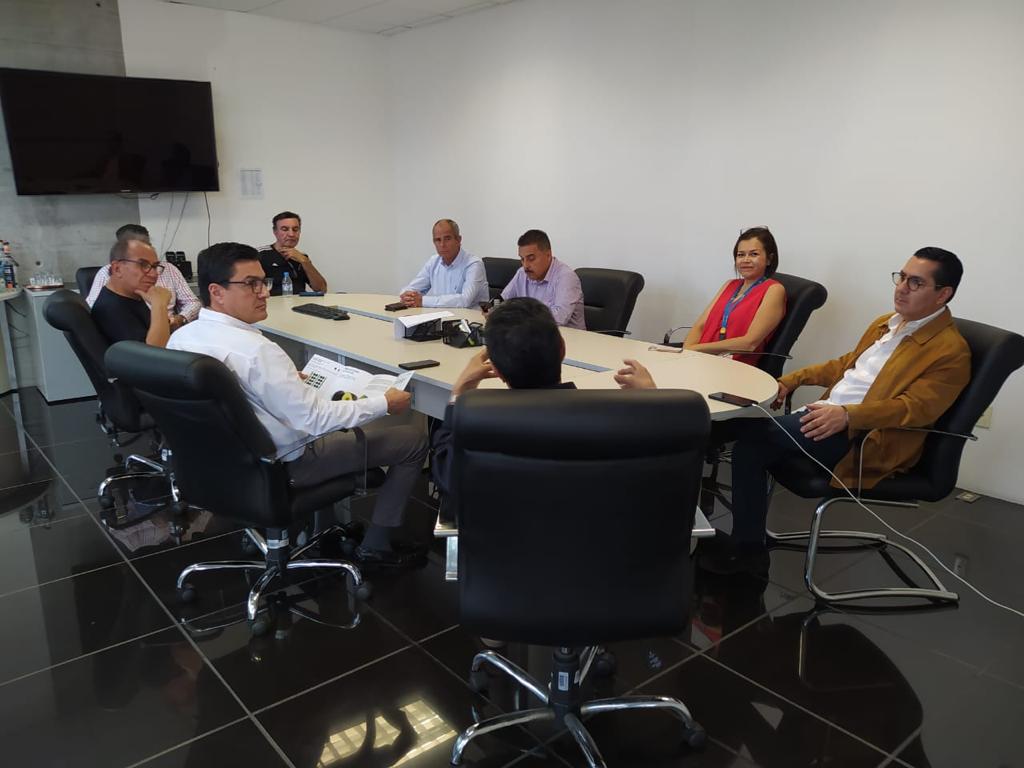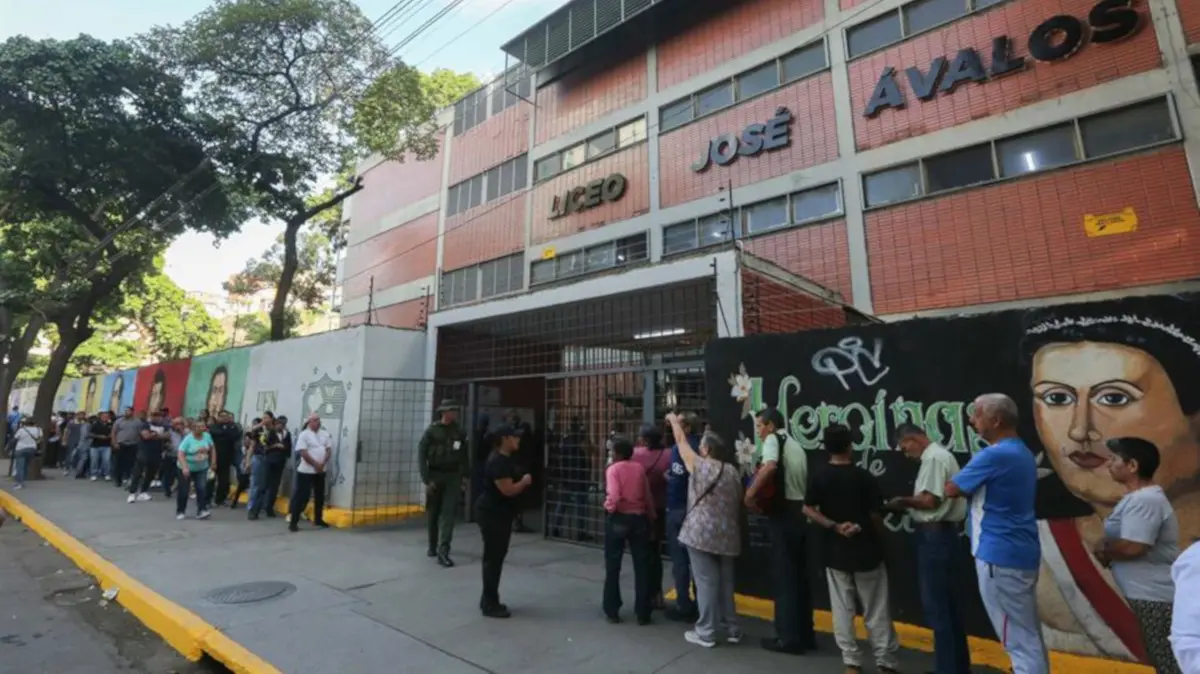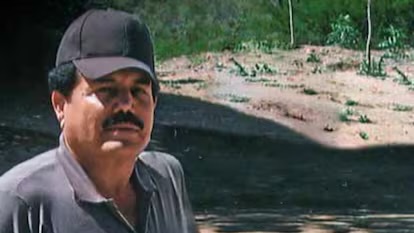
Avowork and Organic Produce de Mexico join Eurosemillas in the innovative Green Motion international avocado platform
They will be the first companies in Mexico to have the Hass avocado variety called Luna Ucr, which they will be able to distribute to other producers who so wish.
Avowork headed by J. Marroquin and Eloy Vargas’ Organic Produce have strengthened their leadership in Mexico by joining Eurosemillas and the University of California Riverside (UCR) in Green Motion. Green Motion is an international platform that improves the varieties and rootstocks available to producers, advances in the creation of diversified and sustainable markets, and facilitates access to the UCR germplasm collection.
The platform was born thanks to a pioneering partnership between Spain-based Eurosemillas, a world leader in the development and commercialization of agricultural innovation, and the UCR, whose 70-year-old avocado breeding programs house one of the collections of the world’s most elite germplasm. The platform is conducting variety trials that have shown excellent potential at the UCR testing center in California.
Together with other Green Motion member companies, Avowork and Organic Produce will bring their expertise to evaluate advanced selections of four Hass avocado varieties and five rootstocks, ultimately extending the leading and trailing ends of the traditional Hass marketing window. They will also provide greater tolerance to disease, drought, heat, and soil salinity.
The participation of José Hernández Moreno
Astronaut of Michoacan origin, friend of Eloy Vargas, avocado producer and marketer businessman and pioneer in avocado investment funds through AVO oro Verde, the first sustainable venture capital fund, was fundamental to this agreement; José Hernández is a member of the board of the University of California and was responsible for generating the links to establish the agreements.
This new variety of avocado is very similar to the fruit produced by the Hass variety, which improves in many ways such as the structure of the tree that allows higher planting densities as it is a smaller tree, with greater foliage and a high volume of production per cup volume and its characteristic of being consistent in terms of alternation, since it does not vary year after year in its production.
Luna Ucr is a type B flower variety with a flowering period equal to that of the Hass variety that is currently found in most orchards, so inserting it in orchards that are already in production would significantly increase pollination favoring a greater flowering and therefore greater production; This is currently achieved with pollinators such as bees and other insects that are naturally suitable for avocado production in lower areas, however, in higher areas it is necessary to integrate pollinators and Creole avocados that are also type B flowers, with the inconvenience that this produces a fruit that has no market! Using Luna UCR that produces a Hass fruit avoids this inconvenience.
The participation of the association of avocado producers in Mexico such as APEAM, APEAJAL AND APEAMEX DE MICHOACAN, Jalisco and the State of Mexico respectively will be essential for the promotion and linking of producers with these companies that have introduced the variety to Mexico.
Just 4 days ago the vegetable matter was released, from the first plants that since 2021 entered quarantine at the Sánchez Colin Avocado Research Institute in the State of Mexico, an essential action to comply with the quarantine protocols established by SADER to Through SENASICA, for the entry of these crops, it is worth mentioning that they are not genetically modified since their process is conventional and was carried out during more than 9 years of research by the University of California.
The Michoacán University of San Nicolás de Hidalgo participated in the signing of the agreement, with the presence of the academic secretary of the university Jorge Fonseca and its research director, as well as CIDAM directed by Dr. Sylvana Figueroa and the director of INIFAM Dr. Miguel Najera










